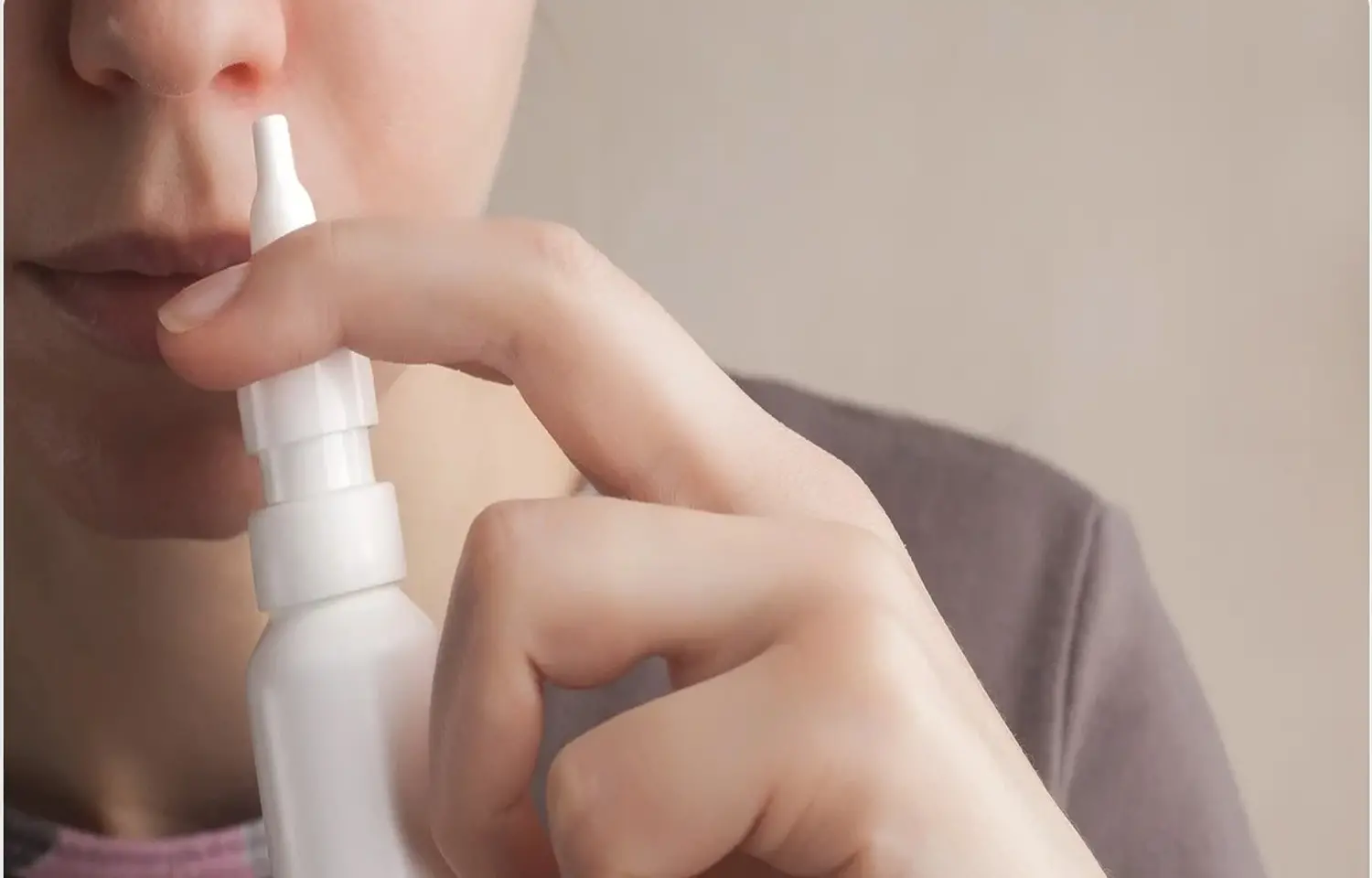- Home
- Medical news & Guidelines
- Anesthesiology
- Cardiology and CTVS
- Critical Care
- Dentistry
- Dermatology
- Diabetes and Endocrinology
- ENT
- Gastroenterology
- Medicine
- Nephrology
- Neurology
- Obstretics-Gynaecology
- Oncology
- Ophthalmology
- Orthopaedics
- Pediatrics-Neonatology
- Psychiatry
- Pulmonology
- Radiology
- Surgery
- Urology
- Laboratory Medicine
- Diet
- Nursing
- Paramedical
- Physiotherapy
- Health news
- Fact Check
- Bone Health Fact Check
- Brain Health Fact Check
- Cancer Related Fact Check
- Child Care Fact Check
- Dental and oral health fact check
- Diabetes and metabolic health fact check
- Diet and Nutrition Fact Check
- Eye and ENT Care Fact Check
- Fitness fact check
- Gut health fact check
- Heart health fact check
- Kidney health fact check
- Medical education fact check
- Men's health fact check
- Respiratory fact check
- Skin and hair care fact check
- Vaccine and Immunization fact check
- Women's health fact check
- AYUSH
- State News
- Andaman and Nicobar Islands
- Andhra Pradesh
- Arunachal Pradesh
- Assam
- Bihar
- Chandigarh
- Chattisgarh
- Dadra and Nagar Haveli
- Daman and Diu
- Delhi
- Goa
- Gujarat
- Haryana
- Himachal Pradesh
- Jammu & Kashmir
- Jharkhand
- Karnataka
- Kerala
- Ladakh
- Lakshadweep
- Madhya Pradesh
- Maharashtra
- Manipur
- Meghalaya
- Mizoram
- Nagaland
- Odisha
- Puducherry
- Punjab
- Rajasthan
- Sikkim
- Tamil Nadu
- Telangana
- Tripura
- Uttar Pradesh
- Uttrakhand
- West Bengal
- Medical Education
- Industry
Etripamil nasal spray may help resolve PSVT-related symptoms, says study

USA: Etripamil nasal spray is effective in reducing symptoms related to paroxysmal supraventricular tachycardia (PSVT) and also reduced emergency room visits, according to data from a post-hoc analysis of the NODE-301 trial.
The findings of the study were presented at the American College of Cardiology (ACC) Annual Scientific Session 2021.
Bruce Stambler from Piedmont Heart Institute and colleagues aimed to investigate whether self-administered etripamil was superior to placebo in terminating PSVT events in an outpatient setting.
The study included 156 people who were randomized in the ratio of 2:1 to receive either etripamil (n = 107) or placebo (n = 49) during PSVT. All patients experienced a vagal-maneuver refractory, symptomatic episode of sustained PSVT and were medically unsupervised during self-administration.
Stambler and colleagues evaluated the percentage of patients who required an emergency room intervention or other such intervention to terminate their PSVT at 5 hours post-administration.
Symptom relief and nasal spray satisfaction were evaluated using the Treatment Satisfaction Questionnaire for Medication (TSQM-9), with higher scores indicating higher satisfaction.
Key findings of the study include:
- Etripamil was more effective than placebo at relieving symptoms associated with PSVT including rapid pulse, palpitations, shortness of breath, dizziness and anxiety.
- Etripamil was associated with a 51% reduction in the need for the emergency room compared with placebo.
- There was a 47% prolongation in the time to next emergency room visit following etripamil use versus placebo.
- Of all patients who used etripamil, 12% needed emergency room therapy to terminate PSVT after 116 mins compared with 25% of placebo users after 79 minutes.
- 2 more patients—1 in each treatment arm—required oral rescue medical therapy.
- Patients who used etripamil indicated higher scores of treatment effectiveness (54) than patients who used placebo (35). A similar pattern was noted for global effectiveness—57 versus 43.
- Both treatments were considered highly convenient (etripamil, 74 vs placebo, 76).
Stambler noted etripamil had failed to meet its primary endpoint of time to conversion of PSVT to sinus rhythm compared to placebo over 5 hours—findings which were reported last year. However, a post-hoc analysis showed etripamil was superior to placebo in converting PSVT over the first 45 minutes post-administration.
Stambler emphasized the overall convenience of the medication, noting the importance in such patients.
"The ability to have something on hand to potentially be able to improve symptoms, terminate their arrhythmia puts the control in the patient," he said. "Because [PSVT} is a rhythm disturbance that can create huge anxiety — and importantly, patients don't know when or if this arrhythmia will develop."
Reference:
The study, "Etripamil Nasal Spray Relieves Symptoms and Reduces Emergency Room Interventions In Patients With Paroxysmal Supraventricular Tachycardia (PSVT): Analysis Of Clinical Outcomes In The Node-301 Trial," was presented at ACC 2021.
Dr Kamal Kant Kohli-MBBS, DTCD- a chest specialist with more than 30 years of practice and a flair for writing clinical articles, Dr Kamal Kant Kohli joined Medical Dialogues as a Chief Editor of Medical News. Besides writing articles, as an editor, he proofreads and verifies all the medical content published on Medical Dialogues including those coming from journals, studies,medical conferences,guidelines etc. Email: drkohli@medicaldialogues.in. Contact no. 011-43720751


